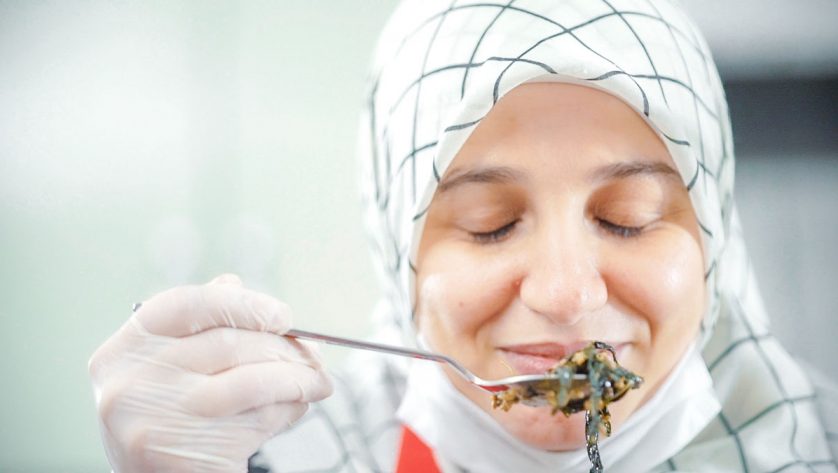Timely help despite the obstacles
Karen Villela, a Guatemalan Red Cross volunteer in Chiquimula, was one of the first volunteers to arrive. “We went to the call,” recalls Karen. “I travelled by motorbike.”
On her journey, she encountered blocked roads that made it difficult to get to the villages in need of assistance. Vehicle access was almost non-existent. The nearest entrance was blocked by the rising river, which had brought down part of the bridge.
“So we took the main road, which is a bit longer,” Karen explains. Eventually, they managed to reach the people who needed help with evacuation.
“The help from the Red Cross was a godsend because many people were still in their homes, completely flooded,” says Karly Iscamey, one of the residents of San José la Arada in Chiquimula, Guatemala.
But the work of the Red Cross was not limited to evacuating the affected people. Volunteers also helped clean the homes of many families after the floods subsided. “They were giving all kinds of support,” confirms Karly.
Efrain Ortega, president of the Chiquimula branch of the Guatemalan Red Cross, says that even more than a half year later, the magnitude of the destruction caused by Hurricane Celia was still evident. The riverbed expanded dramatically, leaving huge boulders blocking main roads. Perhaps the most worrying impact was the loss of much fertile land, which families depend on for crops and livelihoods.
For the Guatemalan Red Cross, assistance does not only come during the crisis. “Another winter is coming, which we will always be monitoring,” says Karen Villela, adding that anticipating disasters minimizes the impact of future emergencies on vulnerable communities. “We are an institution at the service of the people. We cannot stop when the most affected communities still need us”.
 Red Cross Red Crescent magazine
Red Cross Red Crescent magazine 
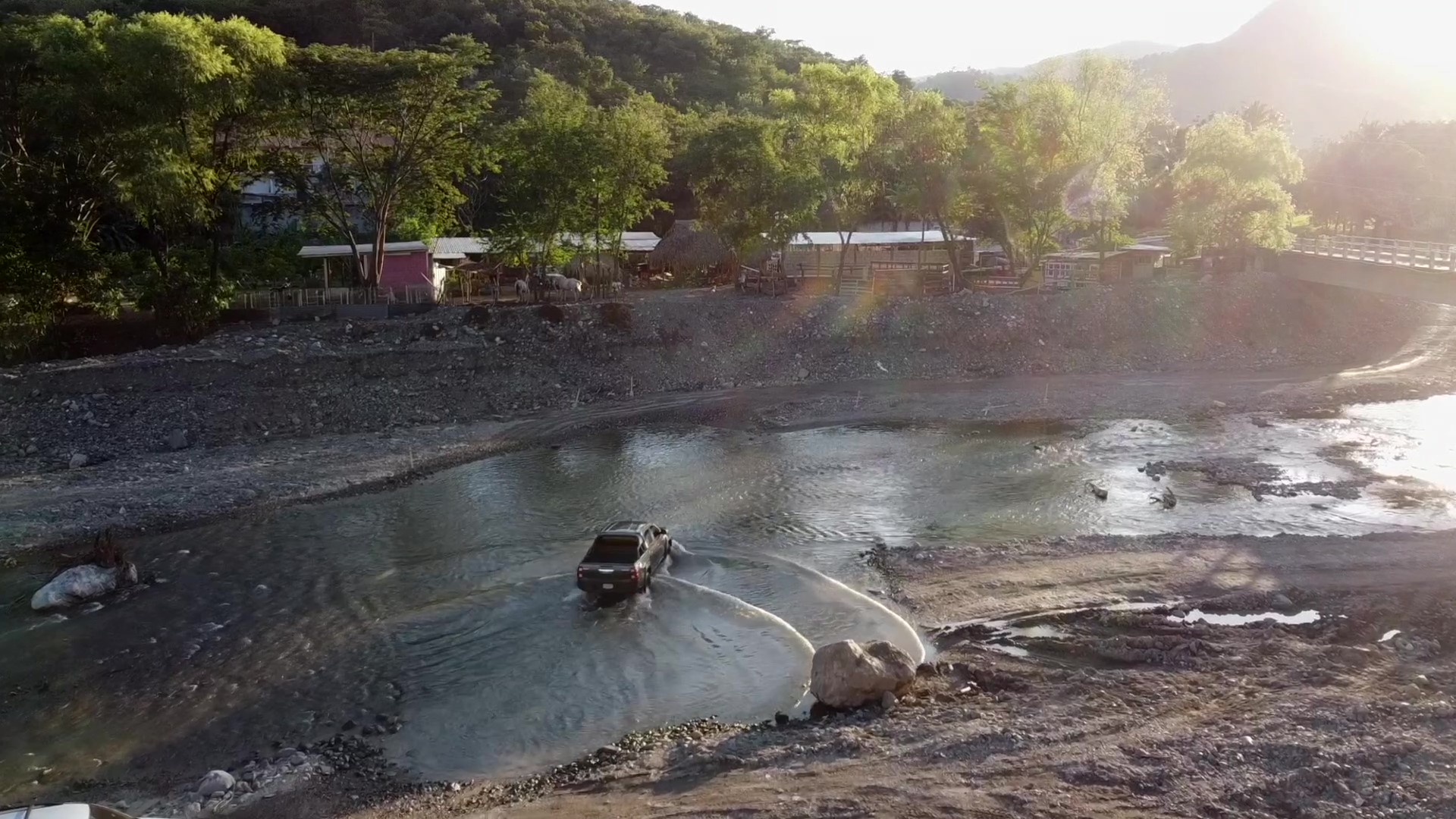
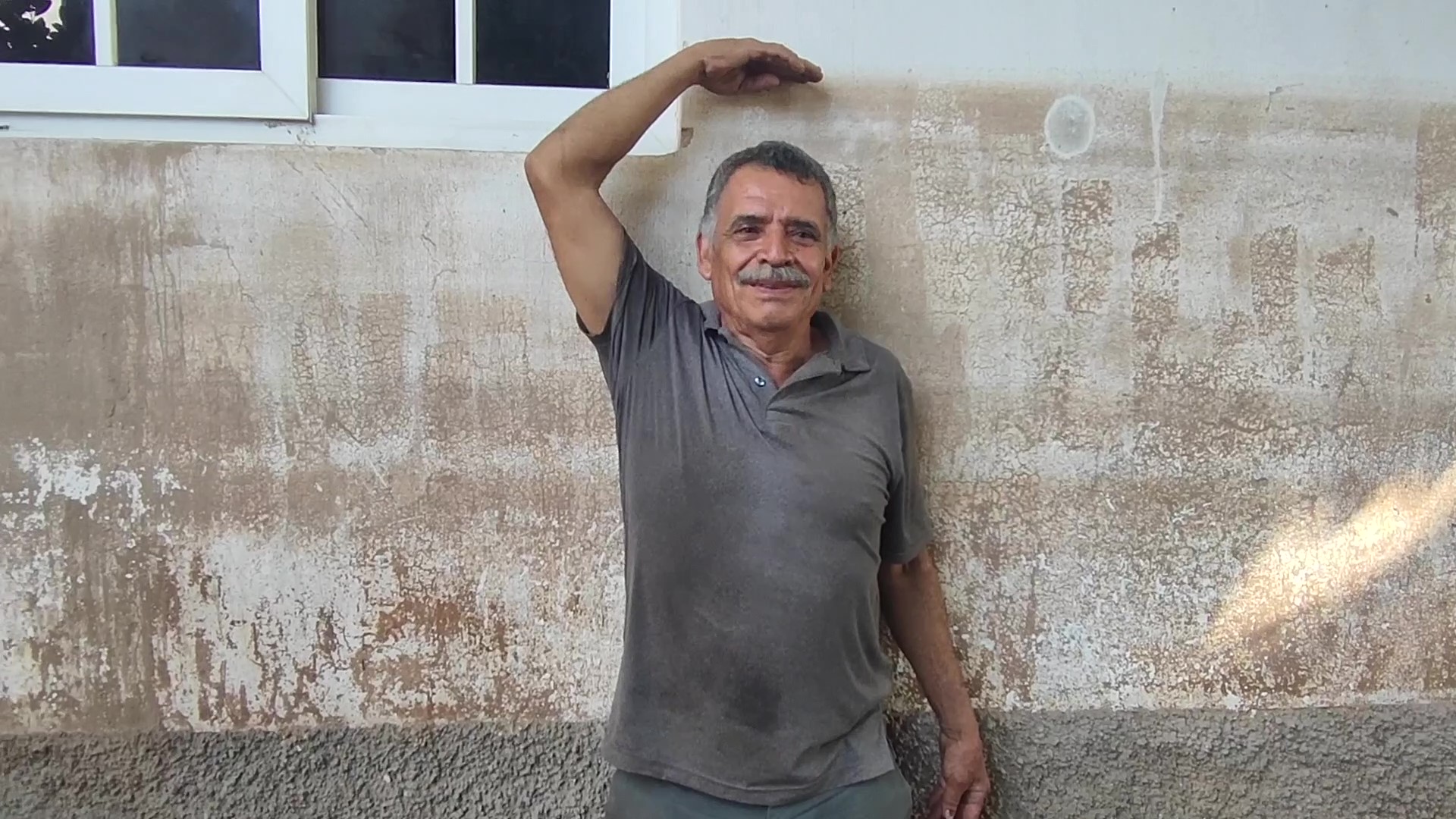
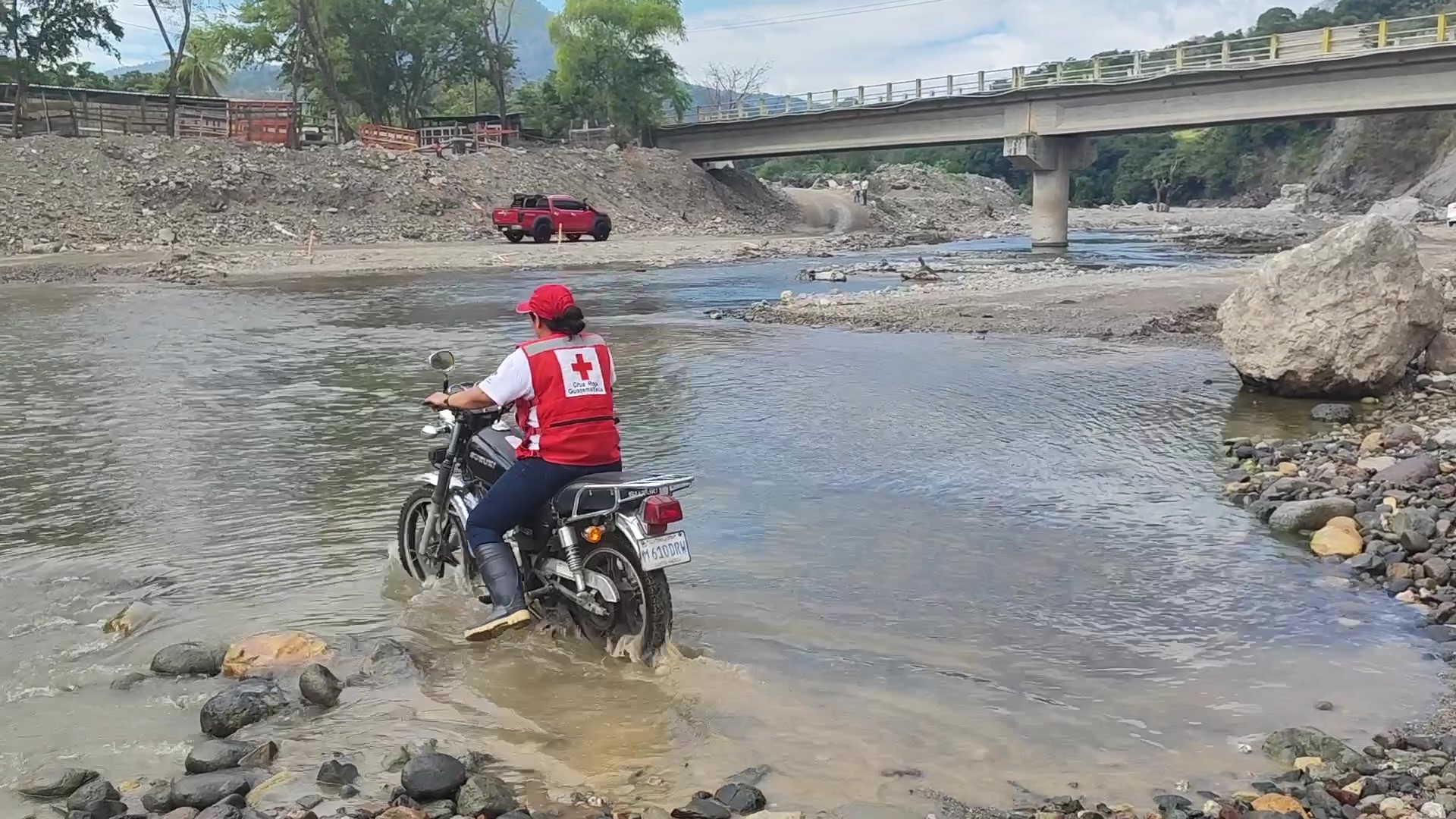
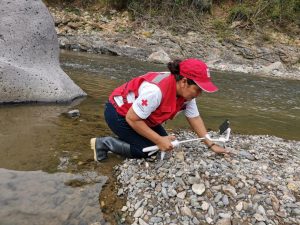





 Tech & Innovation
Tech & Innovation Climate Change
Climate Change Volunteers
Volunteers Health
Health Migration
Migration